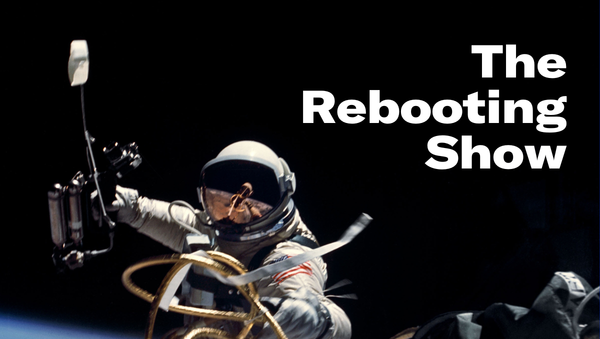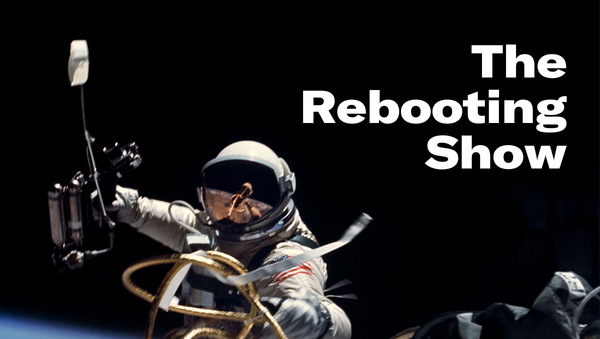Jobs to be done
Products need to be focused on solving particular problems
I’m partial to the jobs-to-be-done theory, which posits that companies need to view products through the lens of their customers and what their needs are. Basically, a customer hires a product to do a job. This is a useful lens when building publishing products.
- What job does the product do for the audience?
- What job does it do for clients?
- What job does it do for the business?
- What job does it do for the brand?
This gets complex because you always need to make trade-offs. It’s rare that products do important jobs well in all quadrants. The reality of publishing is sometimes you have to hit the brand ATM in the name of revenue for the business, but you can’t do that too often. Being clear on the job to be done is critical in order to understand the trade-offs you’ll make and whether they’re worth the trouble. Playing pretend that a product has no trade-offs is a recipe for disaster that I’ve seen too many times.
The further consideration is, as Troy Young recently laid out, what is your major. Publishers love to lie to themselves, and one of the key lies is that they’re great at many things. Publishers tend to have a major in content, distribution or monetization. They’ll often add a minor in one of these categories and muddle through the rest. I like to dabble in economics, but I majored in history so there’s a limit to how much ground I can cover when I try my hand at being a Twitter expert in quantitative easing and its impact on inflation.
When publishing products go wrong, they’re typically trying to do too many jobs, and taking on jobs that aren’t a good fit for their major. There was a great “In Living Color” skit in the 1990s called “Hey Mon,” where a West Indian family patriarch lectures his lazy son with only four jobs that he has 15 jobs.
Publishers have taken the “Hey Mon” approach. There’s the inability to prioritize, often due to competing factions with different goals that leave the product group playing hostage negotiator. There is a tendency for all of us to want everything. We want a great apartment at a reasonable price in a great part of town, with ample sunlight, and easy access to shopping, restaurants and parks. Oh, and it needs to be both in New York City and Miami Beach. Well, good luck for most of us unless you sold your crypto at the top. Instead, you need to understand what’s the most important job to be done and live with the imperfection of the rest.
Rather than keep it theoretical, I’m going to get into a time machine to revisit the jobs done by different products during my time at Digiday, along with the tradeoffs. In a subsequent newsletter, I’ll address how this changes in a lean media approach geared to primary engagement publishing because I believe the path to a better model involves cutting down on the number of jobs to be done.




